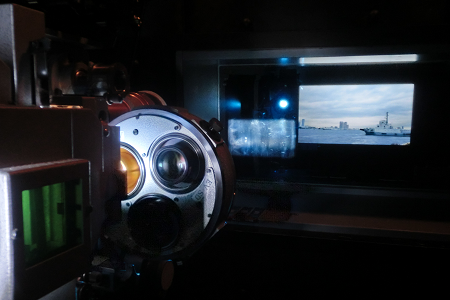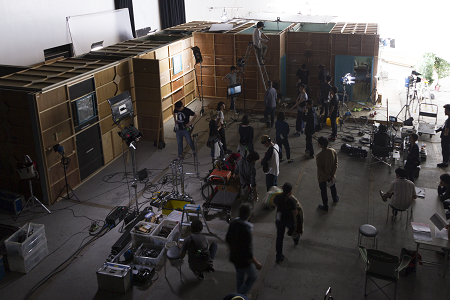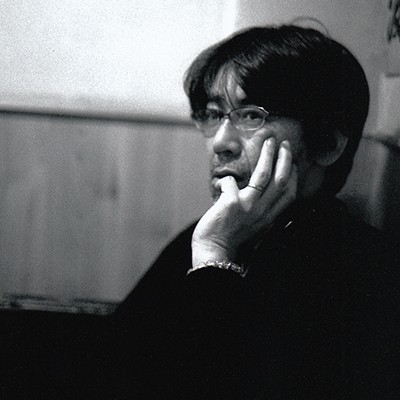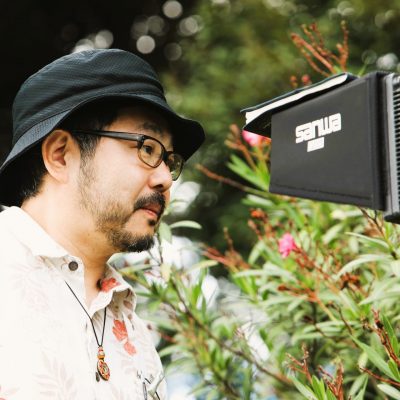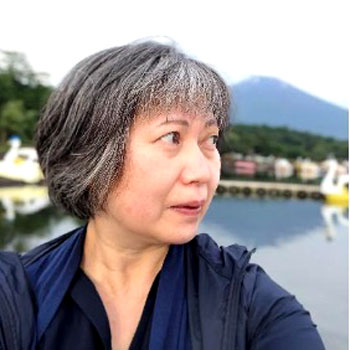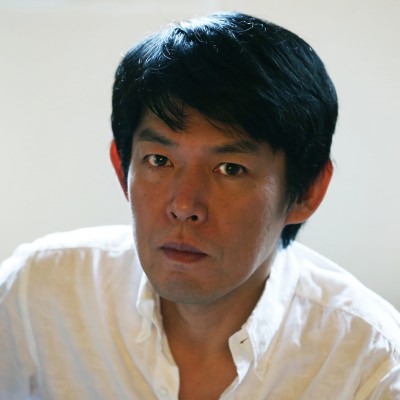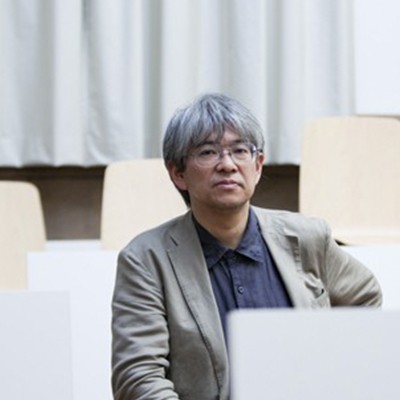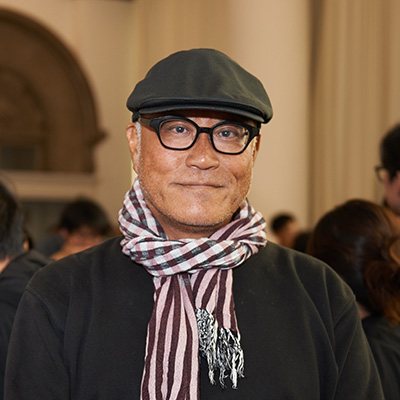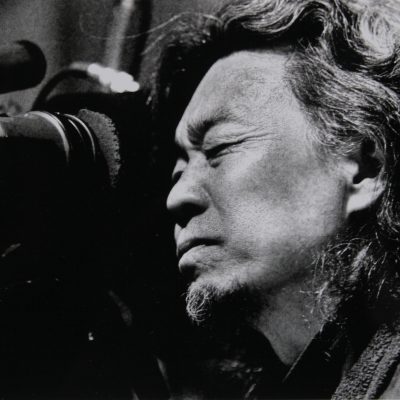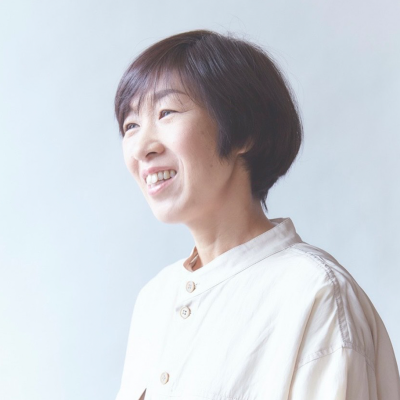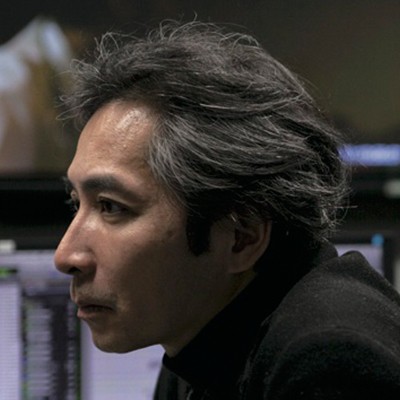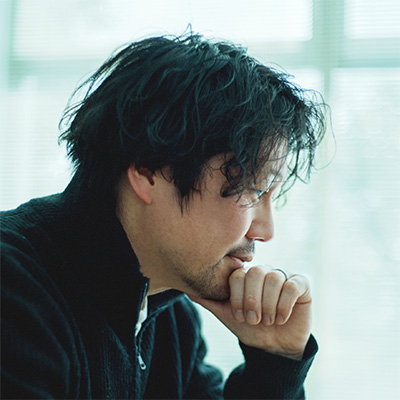Nobuhiro Suwa
Born in 1960. He was involved in independent movies while attending Tokyo Zokei University. After graduating and gaining experience in producing TV documentaries, he directed 2/Duo in 1997 and won the NETPAC Award at the Rotterdam International Film Festival. He was awarded the FIPRESCI Prize in the Parallel Sections at Cannes Film Festival for M/Other. His other major works are H Story, Paris, je t'aime (omnibus), Un Couple Parfait which won the Special Prize of the Jury in Locarno International Film Festival, and Yuki & Nina. He is known for his particular method that uses uncompleted scripts.




